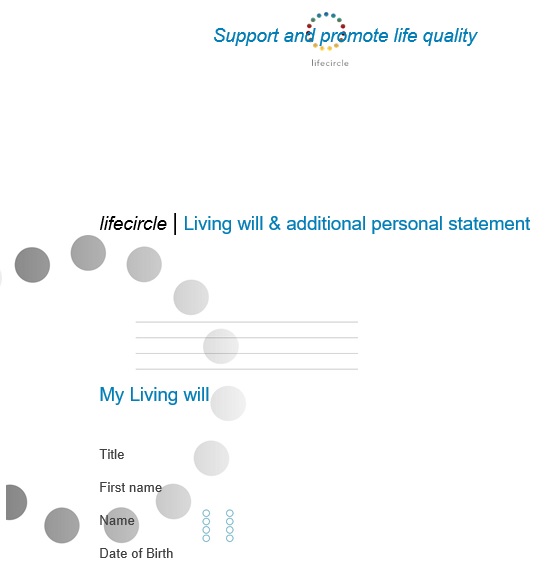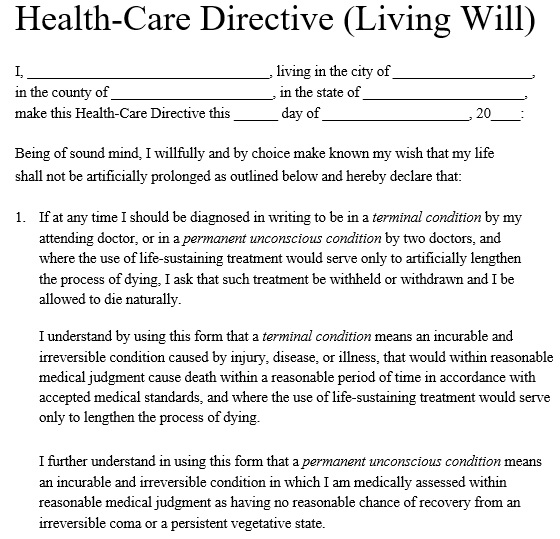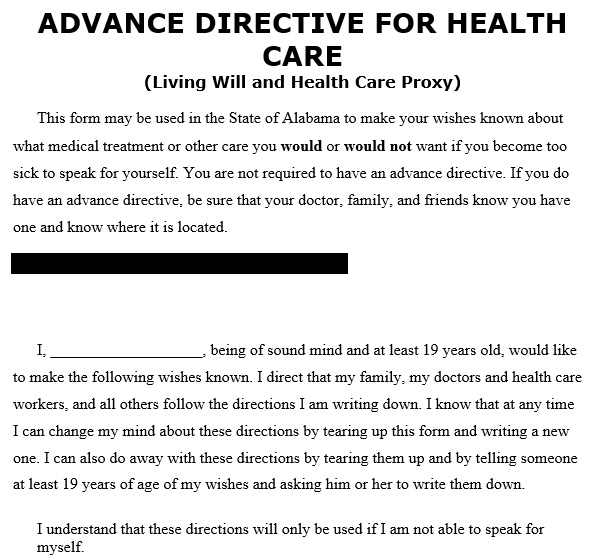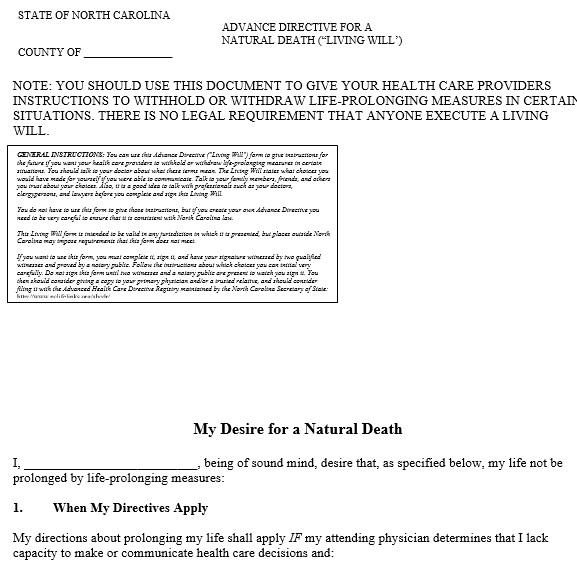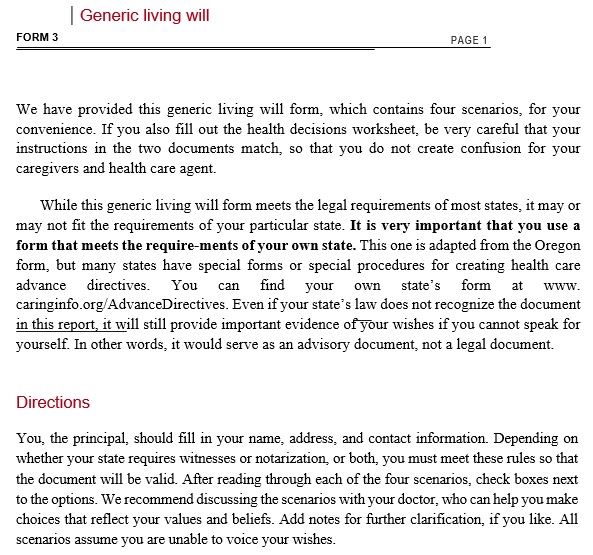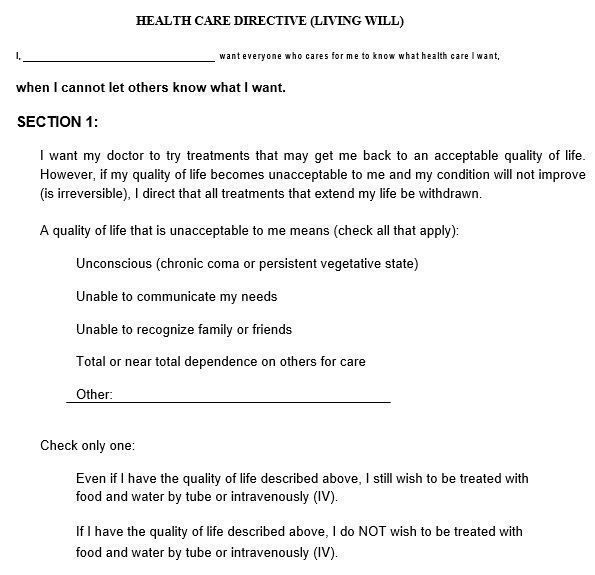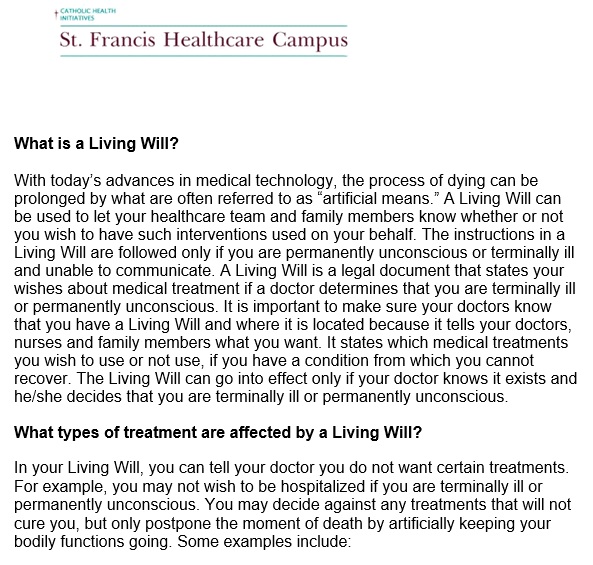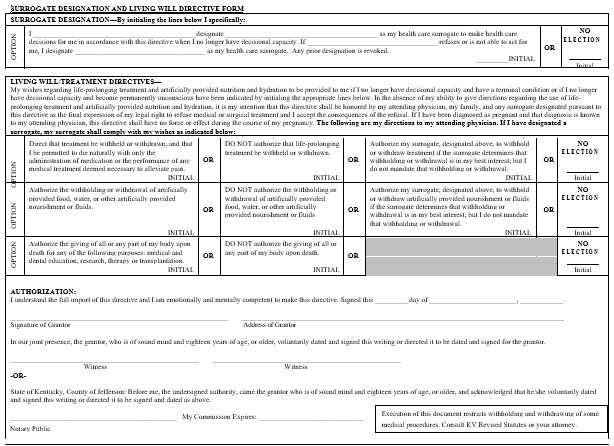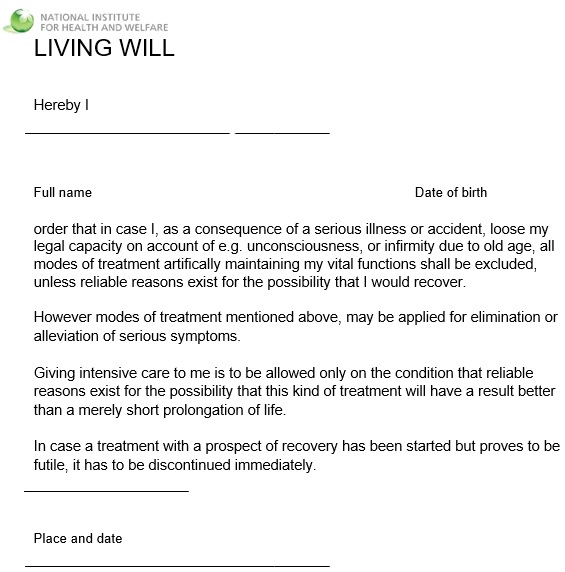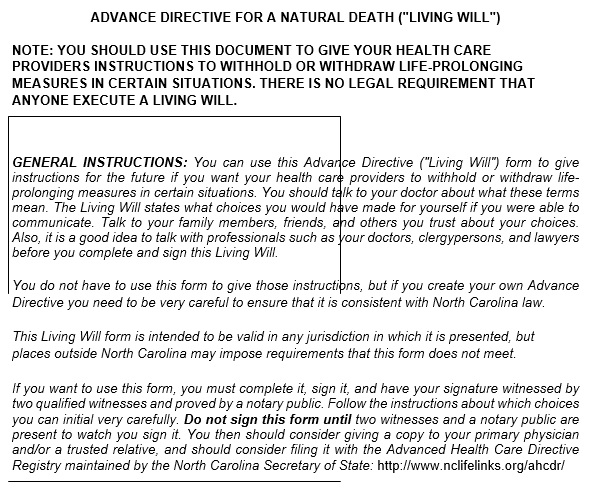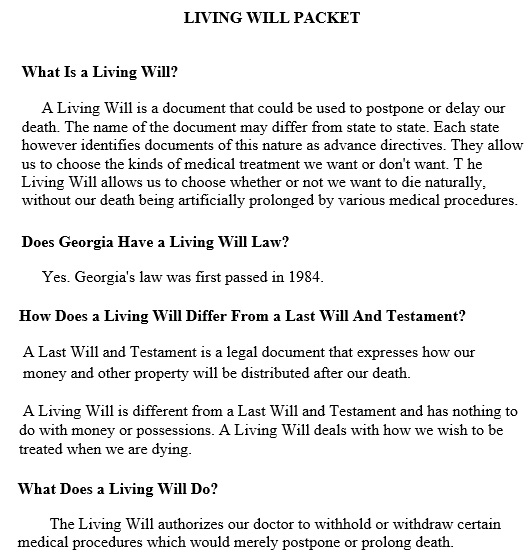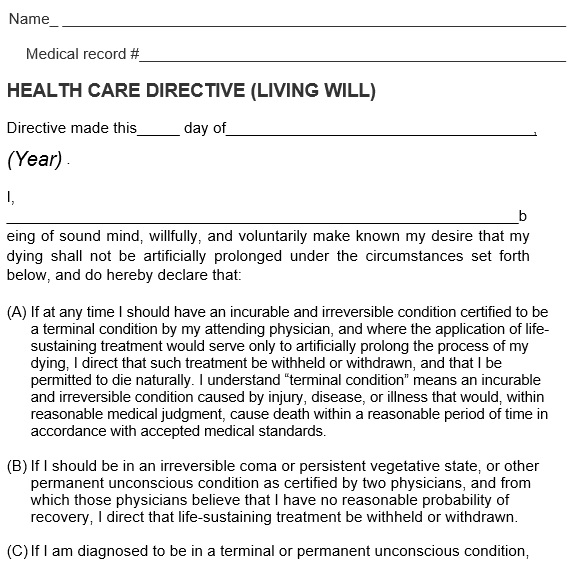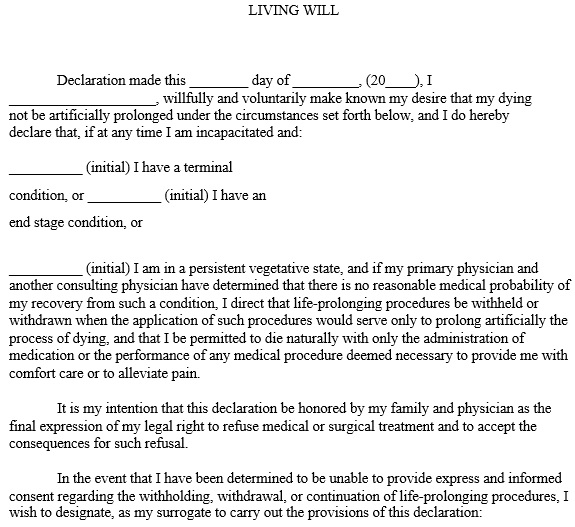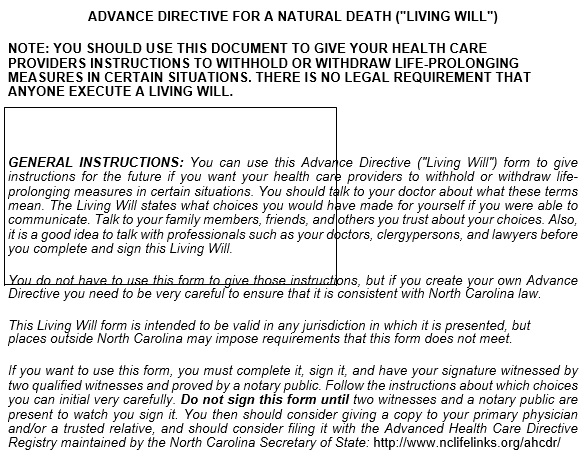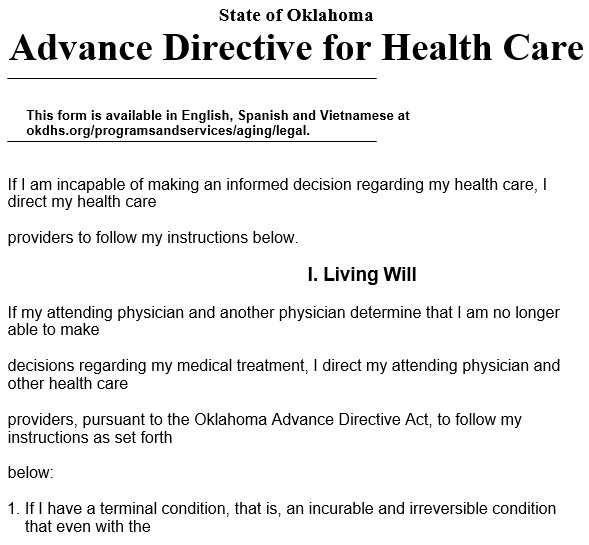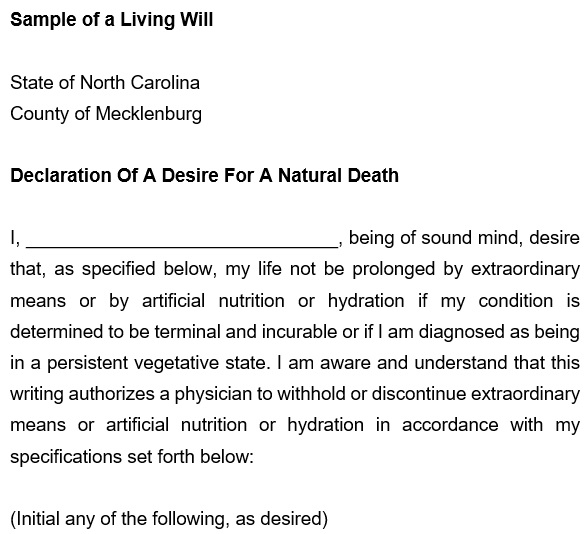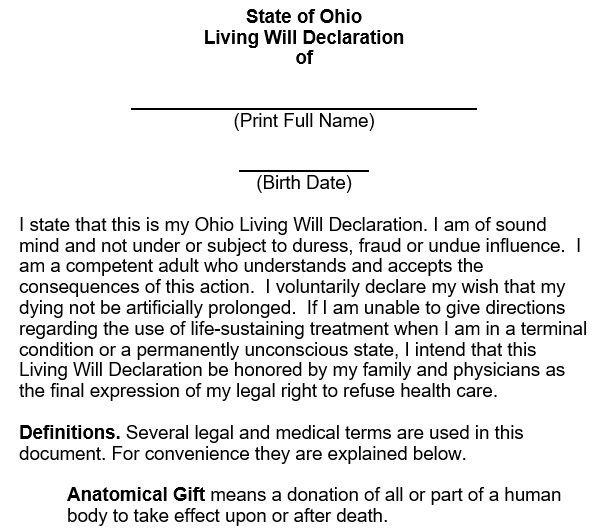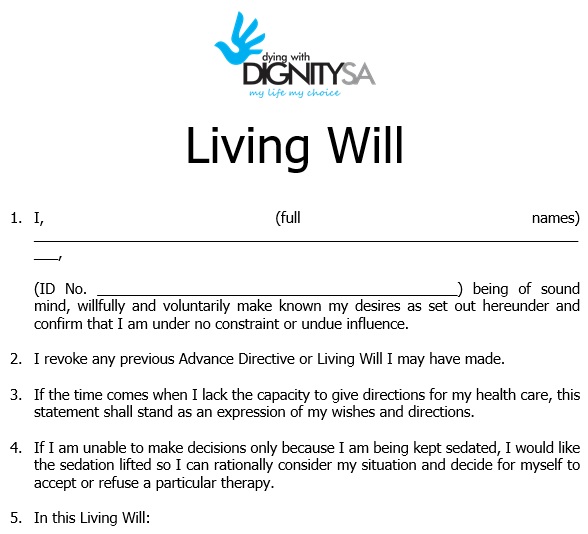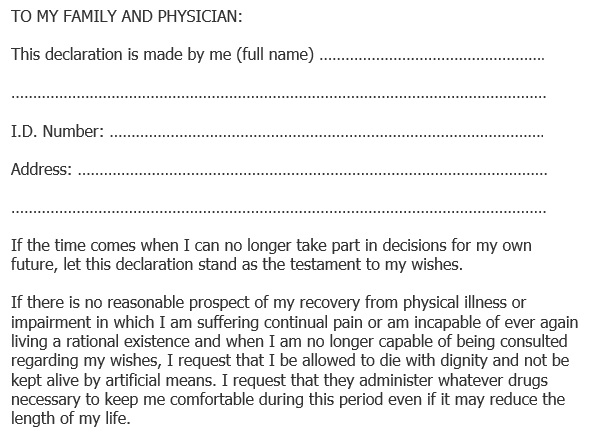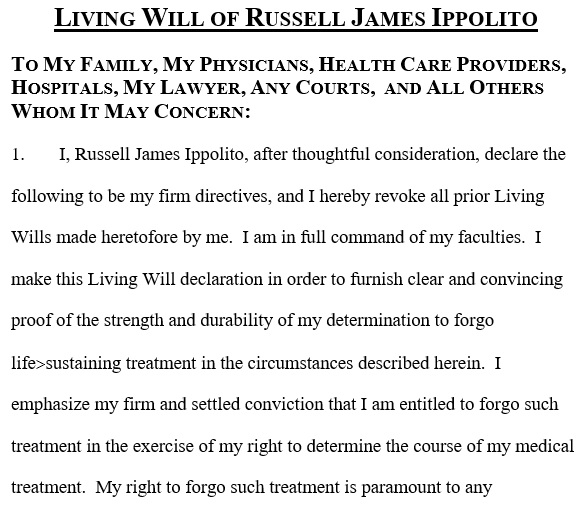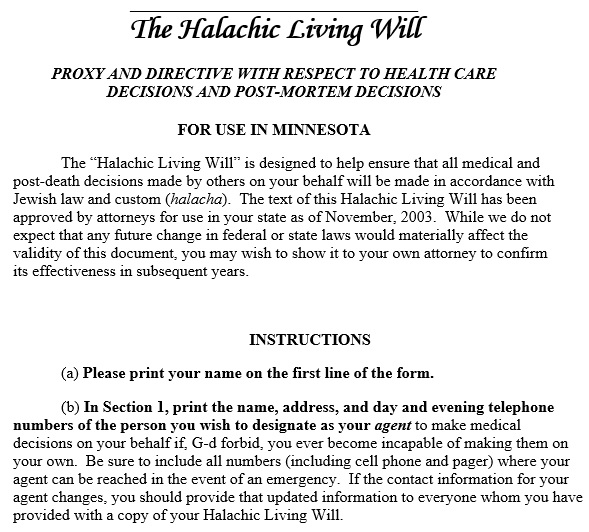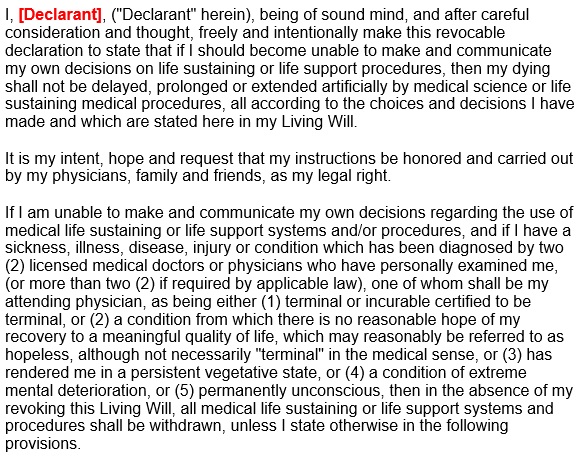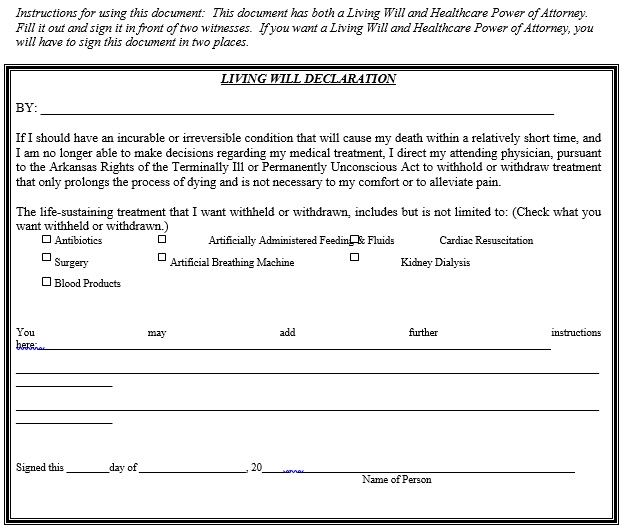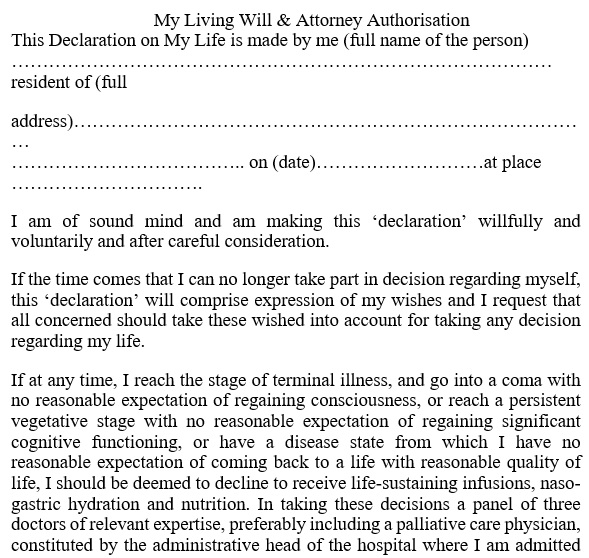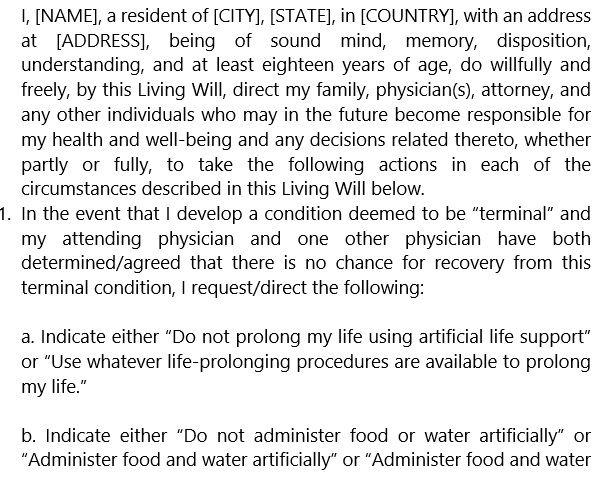You should make a living will template if you want to make the decisions regarding your medical care before the need arises. A living will prove very useful particularly, when you are not able to communicate your wishes on your own.
Table of Contents
What is a living will?
A living will form is an important document used to explain how the family members of an individual would make medical decisions when issues arise regarding his health. This is specifically true in case he or she is dealing with a life-threatening illness or condition.
Living wills are usually generated by the elderly but, unfortunate circumstances may occur to anyone so anyone more than 18 years of age can already make their living will. If a person doesn’t have living will and he falls ill, then arguments may arise amongst his loved ones when they try to make decisions about his health. The following three main topics are addressed by this document;
- The end-of-life wishes of an individual
- Any life-sustaining treatment
- Life support
When to use a living will template?
This document enables you to take control of your medical care in case the need arises. It would include an outline of the kind of medical procedures you agree to with respect to the preservation of your life. It would also include guidelines regarding your end-of-life care. Thus, the living will would provide you control over what should happen to you if you aren’t able to make those decisions yourself. You can use the living will for the following;
- If you want to give guidelines about what life-prolonging or life-saving measures doctors may perform on you.
- At the end of your life, if you want to make an outline of what treatment or medical care doctors would provide you.
- For a surgery or a medical procedure, you have a schedule that has a very high risk.
- In case, you are suffering from a terminal condition or you may enter to hospice care.
Important elements of a living will:
Let us discuss below important elements that you have to include in your living will;
Health care directive
When you are appointing an agent, the living will document combines the Health Care Directive with medical power of attorney. But, you don’t have to include this part if you only plan to make use of the Medical Power of Attorney.
Life support
People often make this document in order to make clear all of their preferences about life support. This is particularly important if you would become dependent on life support options to keep on living. You can select to withdraw life support in the document in case your condition starts to become unsatisfactory with your standards of living. Falling into a vegetative state or a chronic coma are examples.
Life-sustaining treatment
You would require some additional measures to keep you alive while you’re on life support. You may opt to forego some types of life-sustaining treatments in the document and only select those which you agree to undergo.
End-of-life wishes
This is the last part of a living will. For the final part of your life, your end-of-life wishes may include your preferred living arrangements. It may even include your preferences after you die like the details of your funeral.
Medical of power attorney
It is highly recommended to use this element as part of your living will. This is because it would provide you a chance to appoint someone to make any decisions regarding your health care in case you aren’t able to do so yourself. You should contain all of the details about your agent like his/her full name, complete address, and contact numbers. In case the primary agent isn’t able to serve, you may also appoint a successor agent then include all of his details as well.
Witness Acknowledgement
You must ask two people to sign to validate your document. By adoption marriage or blood, these people should be non-related to you and should be more than 18 years of age.
Notary acknowledgment
This is another element of the document that will make it more official. Your document won’t ever get questioned with a notary acknowledgment in case there is any kind of conflict. Check the instructions of your states as this is a requirement in some states.
How to make your living will template?
Here are some tips to follow while making your living will;
Make a decision about your treatment options
Take some time and consider the course of action that you want your loved ones take if you encounter medical events like;
- Establishing a severe case of Alzheimer’s disease or dementia
- Going into a coma or a permanent vegetative state
- Getting permanently incapacitated
Create a list of your end-of-life decisions
You may also want to list down your end-of-life decisions aside from your treatment options and medical care. You should also state your funeral plans in order to allow your family to carry them out your way.
Select a health care agent
In your living will document, a health care agent is a person who will carry out all the instructions. However, this isn’t a requirement, but you can assign a particular person like a member of your family or one of your closest friends.
Most living wills would show the health care agent. The following can be referred to as your health care agent;
- Surrogate
- Health care proxy
- Attorney-in-fact
Sign your document
Finally, you have to affix your signature in front of you witnesses or a notary public after printing out your document. After that, ask them to sign as well. Keep the original document for yourself when you have completed your document and send copies to your physician, your health care agent, and anyone else.
Conclusion:
In conclusion, a living will template is a written document that contains your end-of-life medical care and treatment. This document also gives instructions to doctors and other medical professionals about how they would care for you.
Faq (Frequently Asked Questions)
Following elements are included in a standard living will;
Declarant: this is a person who expresses their end-of-life wishes.
Artificially given nourishments and fluids: these are the preferences for feeding and hydration through tube.
Witnesses: you may have two non-relatives to act as witnesses, however, it depends on the state.
Notary Public: these are the additional witnesses that confirms the validity of your signature.
Signatures: the document must contain the signatures of the declarant, witnesses, and notary public.
Yes, it is possible to write a living will without hiring an expensive lawyer. You can get help from online templates. You just have to download them and customize them as per your requirements.
The functionality and differences between these two documents vary from state to state. In some states, they both have same functionality. While, some may consider them as separate forms. An advance directive contains a lot of things such as it includes both living will and directive that refers organ donation.
A living will comes in a handy when you aren’t able to explain your wishes regarding your treatment. This document describes procedures, medications, or life-prolonging measures that you wish taken in such a condition.
A living will document and a medical power of attorney both documents have the same purpose. They are used to cater your medical desires. The living will document deals with any end-of-life conditions that are relevant to your health care. On the other hand, the medical power of attorney is a document that contains a wider range of healthcare decisions.
Making a living will document isn’t necessary but it proves very useful in case you need to have control over your medical treatments. This way, the selected agent can make decisions on the basis of what you have written in this document.

